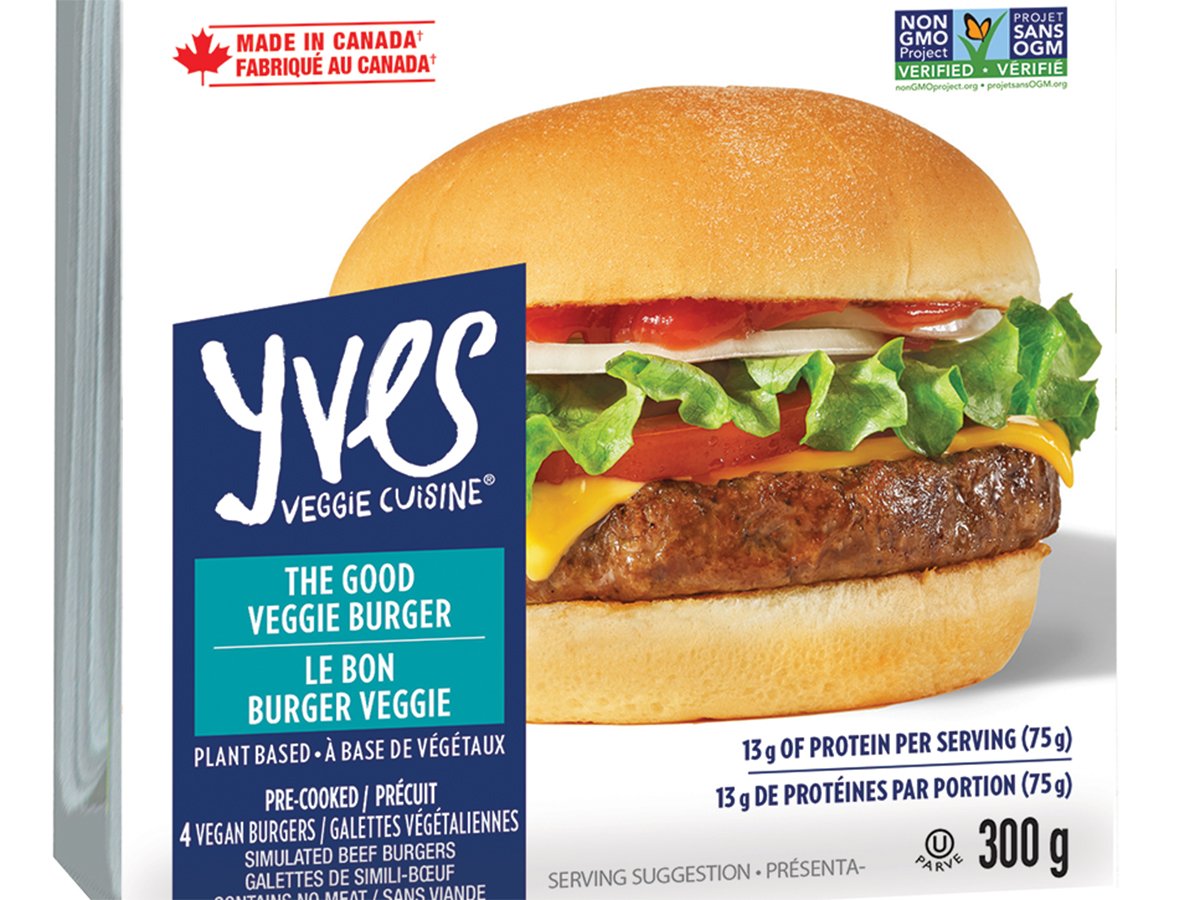Canada should consider reforming its agricultural support policies to get rid of ad hoc programs and protectionist supply management, says an organization representing 30 of the world’s most developed countries.
Supply management’s price-setting features hurt consumers and retard the industry’s ability to expand through exports, said the Organization for Economic Co-operation and Development in its annual report on the agricultural policies of member countries.
“Supply management systems and related border protection are the only remaining major source of market price support in Canada,” said the OECD report published recently.
Read Also

Plant-based ‘meat’ faces turning point
The U.S. firm that owns the Yves brand told CBC News that the “meat free” category has been in decline for several years, so the company made the difficult choice to pull Yves Veggie Cuisine products.
“As a result, consumers continue to pay prices well above world levels, in particular for milk. Moreover, the related export subsidies require keeping exports within (World Trade Organization) limits, effectively establishing a barrier for growth in exports of value-added dairy products.”
The report, compiled in part by former Agriculture Canada economist Ken Ash who now works for the organization, also said makeshift ad hoc responses to farm income problems create incoherent policies.
“Moreover, such programs can change the expectations of producers, increasing the level of distortion and reducing the market orientation of the sector,” it said.
Overall, the OECD reported that Canada remains in the middle of the pack of developed countries in the cost of farm supports.
Its estimate of Canada’s producer support is that policies contributed 23 percent of gross farm receipts in 2006, worth slightly more than $8.18 billion. The OECD average is 29 percent and in the United States, it is approximately 14 percent.
However, half of the support attributed to Canada comes in the $4.04 billion that OECD says is a consumer subsidy to supply managed farmers because of their border protections and ability to charge higher prices.
It is a controversial part of the report because supply management defenders insist their system does not create higher consumer prices. Instead, they say farmers get a better income and consumers pay competitive prices while processors and other middle players are the sectors making less than they do in other countries.
The report added that the value of Canadian policy supports increased more than half a billion dollars last year because the gap widened between Canadian and world milk prices.
The OECD estimated 2006 farm supports worldwide were worth $258.06 billion. At 27 percent of farm gross receipts, it was significantly lower than the 38 percent recorded in the 1986-88 period.
However, the OECD said reductions in policy support have not been uniformly implemented.
“Support to producers in 2004-06 was around one percent of farm receipts in New Zealand and five percent in Australia,” said the report. “It was 14 percent in the United States and Mexico, 22 percent in Canada and 24 percent in Turkey. At 34 percent, the level of support in the European Union was five percentage points above the OECD average.”
In Japan, it was 55 percent of farm receipts and in Korea and Switzerland, 60 percent.
The organization said an encouraging trend is that more countries are providing support on a whole farm basis rather than commodity specific or based on production.
















